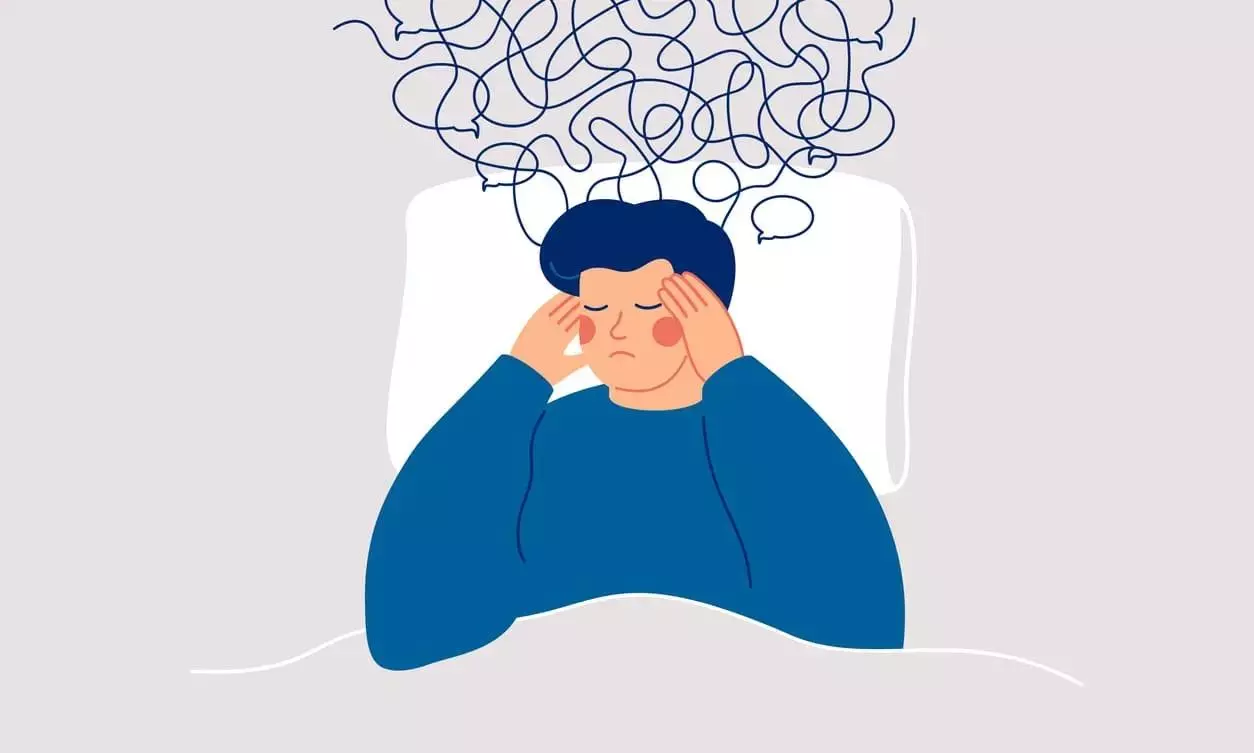
Smartphone use before age 13 linked to poor mental health in adulthood: Study
text_fieldsNew Delhi: Children who own smartphones before the age of 13 are significantly more likely to experience mental health issues, including suicidal thoughts and aggression, in early adulthood, according to a major international study released on Monday.
Published in the Journal of Human Development and Capabilities, the study analyzed data from over 100,000 young people aged 18 to 24 and found that those who received their first smartphone at age 12 or younger reported higher levels of mental health challenges. These included detachment from reality, poor emotional regulation, low self-worth, and increased aggression.
Researchers said early access to smartphones, which often means early exposure to social media, is linked to increased risks of cyberbullying, sleep disruption, and strained family relationships.
“Our data indicates that early smartphone ownership -- and the social media access it often brings -- is linked with a profound shift in mental health and well-being in early adulthood,” said lead author Dr Tara Thiagarajan, a neuroscientist and Chief Scientist at US-based Sapien Labs.
She warned that the symptoms observed go beyond conventional depression and anxiety, and may be overlooked by standard mental health screening tools. Thiagarajan called for urgent measures to safeguard young people’s mental well-being.
The researchers urged governments to adopt a precautionary approach by restricting smartphone access for children under 13, similar to existing laws around tobacco and alcohol. They also recommended mandatory digital literacy programs in schools and stronger corporate accountability in the tech sector.
Several countries have already taken action. France, the Netherlands, Italy, and New Zealand have restricted or banned mobile phone use in schools. In the US, multiple states have introduced legislation requiring schools to set limits on smartphone access for students.
The Sapien Labs team used the Mind Health Quotient (MHQ), a comprehensive self-assessment tool that measures emotional, social, cognitive, and physical well-being, to assess mental health outcomes. Participants who received their first phone at a younger age scored lower on the MHQ, with mental health outcomes worsening the earlier the phone was owned.
The study also revealed gender-specific effects: females who received smartphones early were more likely to suffer from diminished self-worth, confidence, and emotional resilience, while males showed lower levels of calmness, stability, empathy, and self-worth.
“Our evidence suggests that childhood smartphone ownership, an early gateway into AI-powered digital environments, is profoundly diminishing mental health and well-being in adulthood, with deep consequences for individual agency and societal flourishing,” Thiagarajan added.






